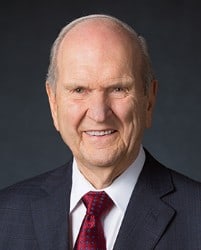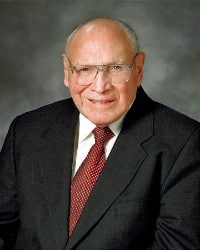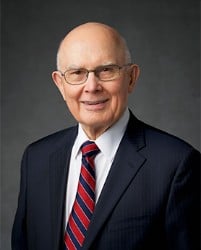
Work, chained to its outcome, is misery. Do what you can, do it better than you’re able, and let things happen as they may. The action, not its fruit, is your business. The outcome is not your concern. If God is going to show himself to you in the work that you shoulder, he will only do so if you’ve stopped craving an approving audience and, instead, work out your own salvation.








